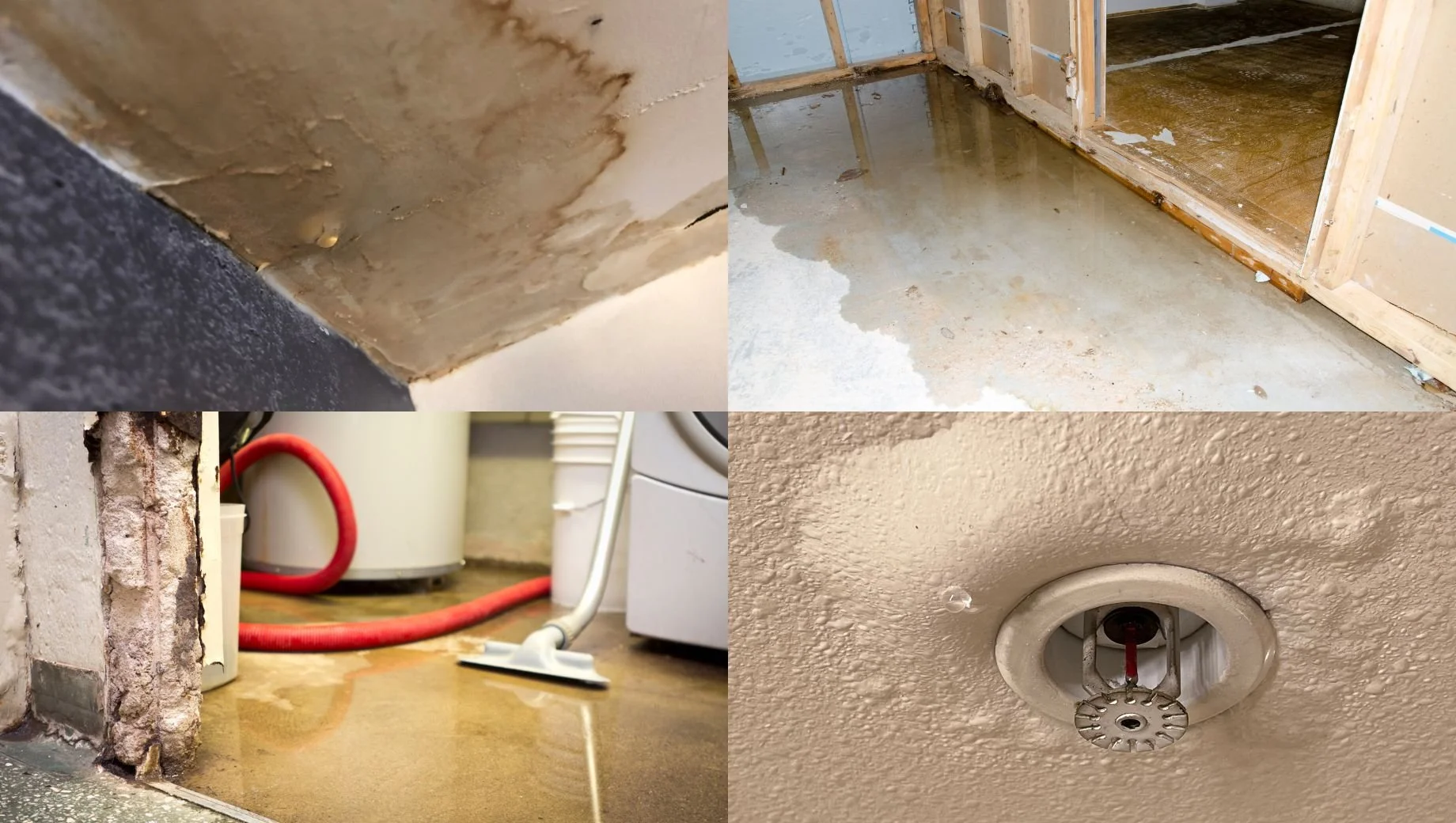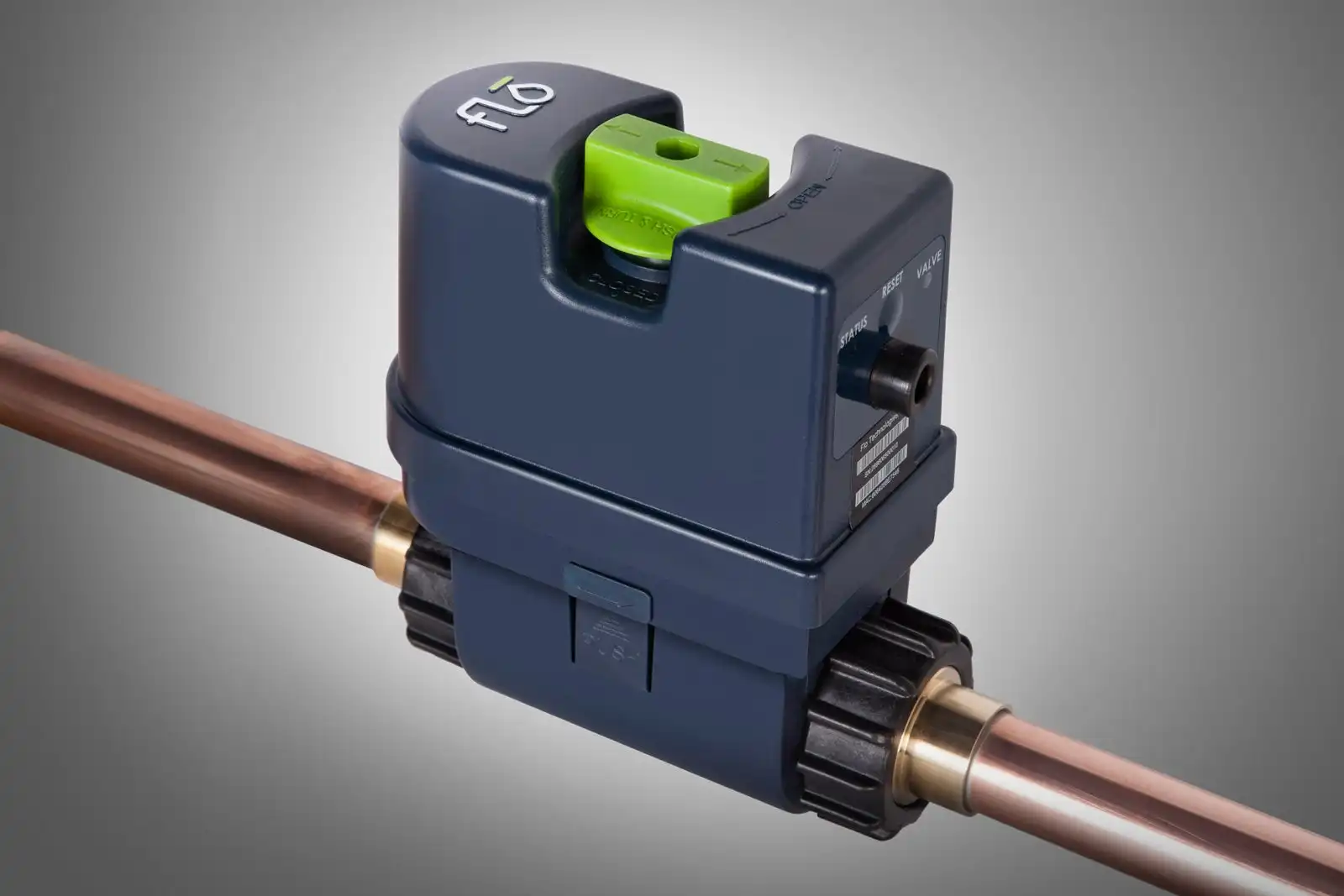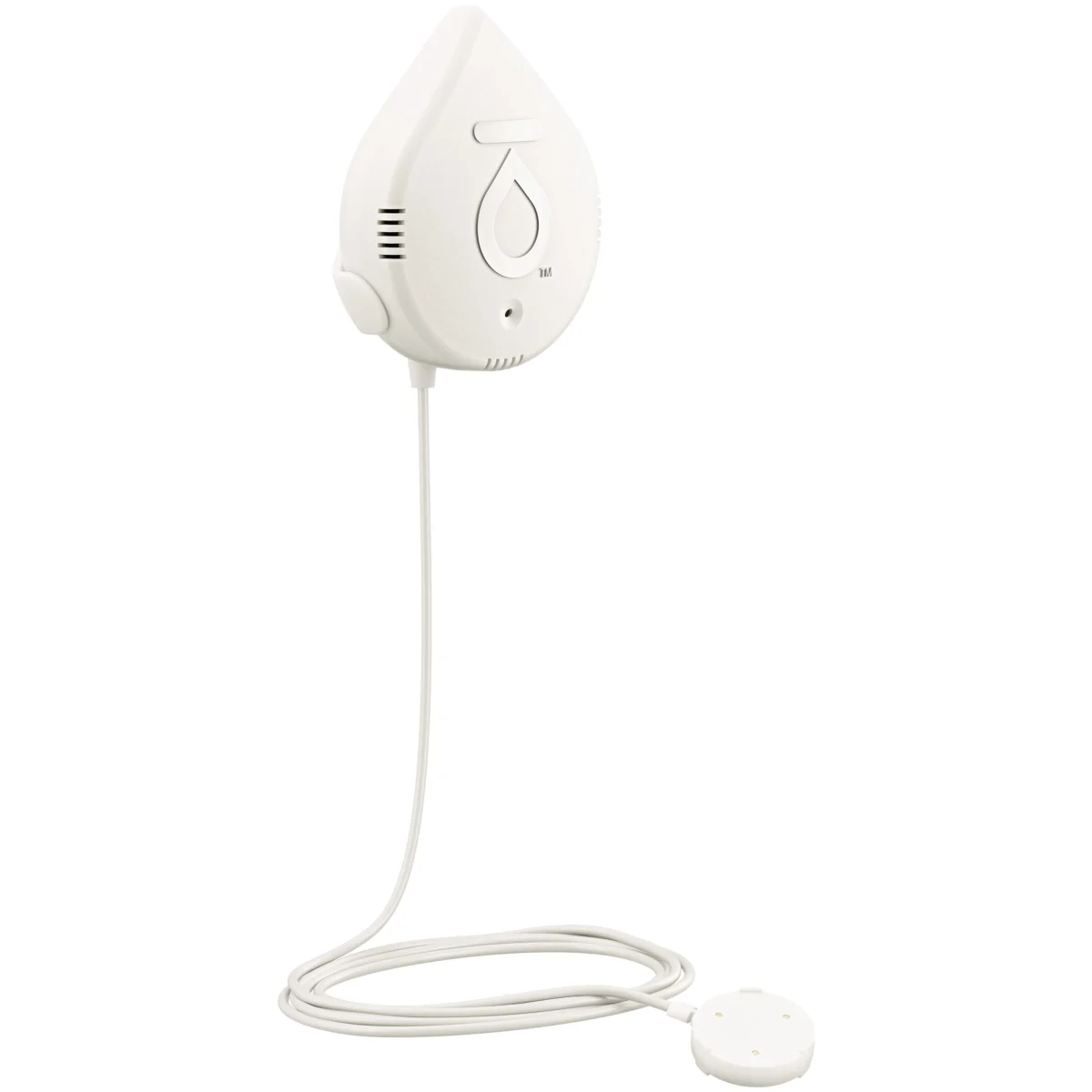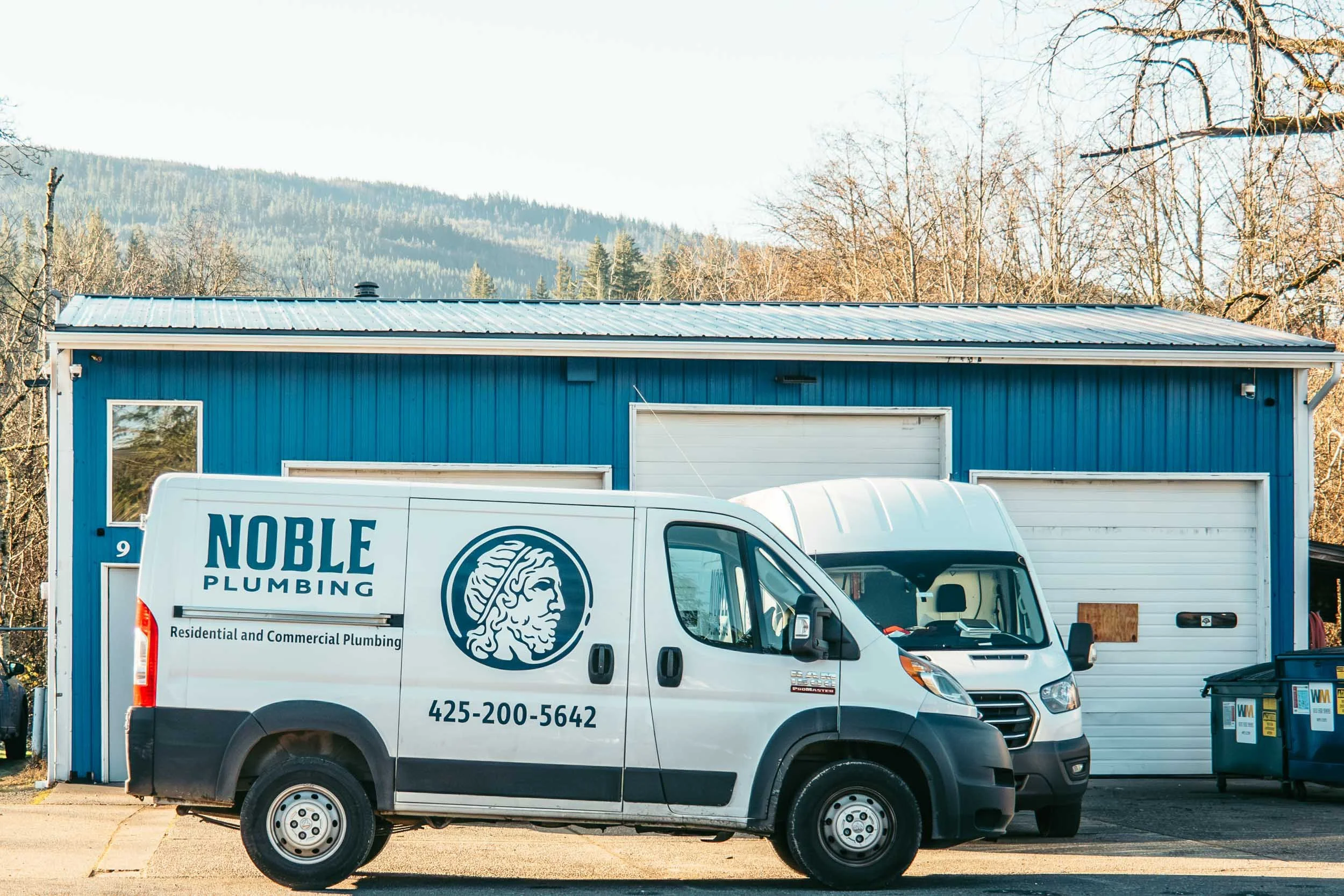Top Ways to Prevent Water Damage in Your Home
Water damage is one of the most common—and costly—home insurance claims in the Pacific Northwest. In areas like Snoqualmie, Issaquah, and Sammamish, it’s not uncommon for a burst pipe, leaking water heater, or even a slow drip to go unnoticed until it causes severe damage. At Noble Plumbing, we help Eastside homeowners stay one step ahead with smart, preventative plumbing solutions.
Below are the top things you can do to prevent water damage in your home.
Know Where Your Main Shut-Off Valve Is
One of the most important things any homeowner can do is know where their main water shut-off valve is located.
In an emergency, like a burst pipe or a major leak, being able to turn your water off quickly can save you thousands in damage. Label it clearly and show everyone in your household how to use it. If you’re not sure where it is or if it’s working properly, we can help with that, too.
2. Check the Age of Your Water Heater
Tank water heaters have a lifespan of around 8 to 12 years. If your water heater is getting close to the 10-year mark, it’s time to start planning a replacement. If it’s older than 15 years, you’re on borrowed time. We offer water heater replacements and upgrades, and we’ll guide you through the best options tailored to your home’s specific needs.
3. Monitor and Regulate Your Water Pressure
High water pressure might feel like a luxury, but it can quietly damage your plumbing over time. Pressure that’s too high stresses pipes, fixtures, and water heaters, often leading to leaks.
Use a simple tool like this $10 water pressure gauge from Amazon. Just screw it onto your outdoor hose bibb (spigot) and check the reading. If your water pressure is above 80 psi, it’s time to bring in a plumber. Many homes in Sammamish and Issaquah already have—or need—pressure-reducing valves (PRVs) to bring levels down to a safe range.
We can test your water pressure and help you install or repair a pressure-reducing valve (PRV) to protect your entire plumbing system.
4. Install a Smart Water Monitoring System
Smart water monitoring systems are one of the most effective ways to stay ahead of leaks and prevent significant water damage. We recommend the Flo by Moen system for reliability, ease of use, and insurance perks.
These systems:
Monitor water usage patterns and detect abnormal flow.
Send alerts to your phone when leaks or excess use are detected.
Automatically shut off the water during major leaks.
Track water pressure and usage over time.
A licensed plumber handles installation, which typically takes 2–4 hours. It involves placing the system right after the main shut-off valve and connecting it to both power and Wi-Fi. The total cost typically ranges from $1,000 to $1,800, depending on the pipe access and size.
Check with your insurance provider—many offer discounts for installing leak monitoring systems since water damage is a top claim category.
5. Use Smart Leak Detectors in Key Areas
When they detect moisture, they sound an alarm or send an app alert—no plumber required. These are ideal for rental properties, basements, and other hard-to-reach areas.
Another affordable way to catch issues early is with smart leak detectors. Think of them like smoke alarms, but for water. These don’t require a plumber to install as you simply place them in vulnerable areas like under kitchen sinks, behind washers, or next to your water heater.
Why Choose Noble Plumbing?
We’re a locally owned and operated plumbing company based in Snoqualmie, WA. Our team serves homeowners and small businesses across the Snoqualmie Valley and Eastside, including Issaquah, Sammamish, North Bend, and Fall City.
We take pride in being transparent and ethical plumbers. Whether you need help locating your shut-off valve, installing a smart water system, or checking your water pressure, we’ve got you covered.
We hope this helps you understand some of the leading causes of water damage—and gives you actionable, affordable ways to prevent it. From checking your water pressure to upgrading old systems, it’s easier than you think to protect your home.






